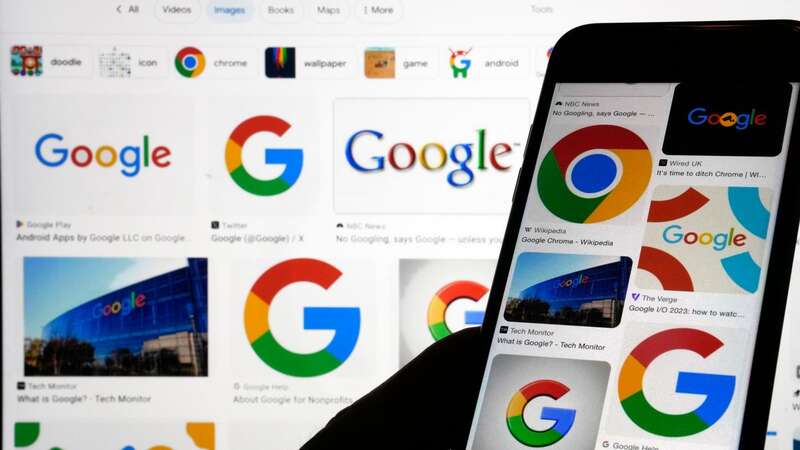
Google is set to merge its Android and Pixel teams in a major shake-up aimed at ramping up AI integration.
The tech giant announced that it's bringing together the software division behind Android and Chrome with the hardware team known for Pixel phones and Fitbit gadgets, as part of a wider strategy to weave artificial intelligence through its entire operation.
In an internal memo, Google's chief Sundar Pichai told staff that the move will "turbocharge the Android and Chrome ecosystems" and drive forward innovation. The reshuffle will see Rick Osterloh, who has been leading Google's hardware efforts, take charge of the combined divisions.
This marks a shift from Google's previous approach where it kept Android development separate from hardware to maintain a level playing field for other smartphone manufacturers like Samsung and Motorola that use Android. But in recent years, Google has been pushing its Pixel phone as the standard-bearer for AI's capabilities, focusing on integrating AI into both hardware and software to showcase new features on mobile devices.
In an interview with The Verge, a tech publication, Rick Osterloh, SVP of Devices & Services at Google, noted that AI is the primary reason for bringing together Google's consumer hardware and software engineers. He argued that phone technology is already growing more dependent on AI, citing the development of the Pixel camera, which among other things uses the technology for features that enhance nighttime photos or automatically choose the best of several closely timed shots.
 Pub delivers five-word response to critics of its 'slow' carvery service
Pub delivers five-word response to critics of its 'slow' carvery service
Combining the teams, Osterloh added, is a way for Google to move even faster on infusing AI into its features. Designing the Pixel camera several years ago, he said in the interview, required deep knowledge of not just the complex hardware and software systems involved, but also the then-early AI models used for image processing.
"That hardware-software-AI integration really showed how AI could totally transform a user experience," Mr Osterloh said. "That was important. And it's even more true today.
Chirag Dekate, an analyst with Gartner, said:"What you're now starting to see Google do is flex its core AI innovation engines. Google wants to dominate the AI, the commanding heights of the emerging AI economy, both on the consumer side as well as on the enterprise side, essentially by infusing AI everywhere and by connecting it."
Meanwhile, Hiroshi Lockheimer, the head of Google's software division, is now without a title and according to a letter from Pichai, will be embarking on some undisclosed projects. Despite this, Mr Lockheimer joined Osterloh for an interview with The Verge, where both men denied that these changes were due to any power struggle.
Google is also restructuring its AI research and responsibility groups, although these changes are unlikely to have a direct impact on consumer products - at least not in the immediate future.
Read more similar news:
Comments:
comments powered by Disqus

































